Subscribe for Newsletter
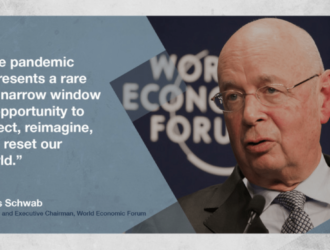
It has become casual to call the COVID-19 pandemic nothing short of world war against invisible enemy and thus to declare war both to its cause and the consequences. And while the rush to find a vaccine is gaining traction, “the brightest minds” are coming together to re-imagine the world that ought to emerge in […]

Provides an understanding of regional diversity issues and their manipulation in triggering the Ukraine-Russia conflict Highlights the manifestations of regional divides-related discourses Brings together insights from history, politics and law Editors: Shelest, Hanna, Rabinovych, Maryna (Eds.) Palgrave Macmillan
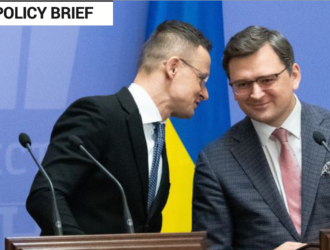
The context for Ukrainian-Hungarian cooperation is framed by two contrasting tracks of both countries geopolitical location: European integration and the Russian connection
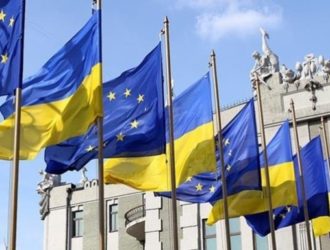
The Eastern Partnership has a chance of becoming a self-contained actor if civil society leaders of the region succeed in harnessing the “power of the streets” in order to create effective democratic institutions. What does the future bring in terms of European aspirations for Ukraine and other Eastern Partnership (EaP) countries? This is the question […]
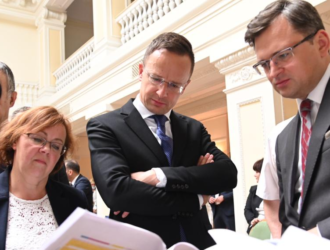
The context for Ukrainian-Hungarian cooperation is framed by two contrasting tracks of their geopolitical interests: European integration and Russian. Ukraine’s ultimate choice of European integration marked the start of a new stage of economic relations with Hungary.
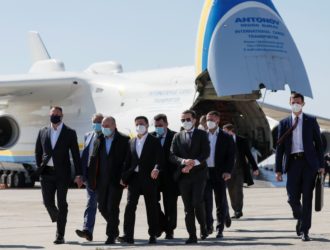
For the past six years, Ukraine’s foreign policy thinking has been dominated by the country’s Euro-Atlantic integration ambitions and the urgent need to consolidate international support in the face of ongoing Russian aggression. Throughout this period, there has been little attempt to implement a more global foreign policy or develop individual regional strategies. Hanna Shelest […]

In 2009, the European Union and six of its Eastern neighbours launched the Eastern Partnership (EaP) with the stated aim of “building a common area of shared democracy, prosperity, stability and increased cooperation.” A decade on, however, progress has been mixed.
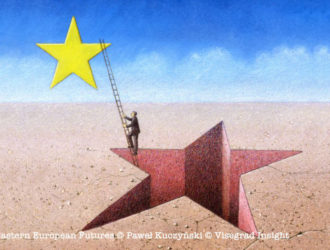
Over the next ten years, in the absence of major political setbacks or security related turbulence, most of the countries of the Eastern Partnership will have a fairly good chance of success in their political association and economic integration with the EU.
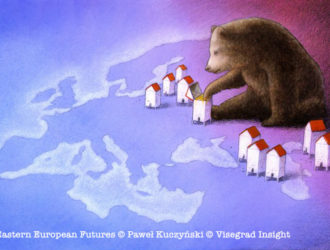
With the world economy keeping its demand for oil and gas high and lacklustre efforts to stimulate ‘green’ alternatives, Russia manages to advance some of its military and economic modernisation despite the continuation of the West’s sanctions regime.
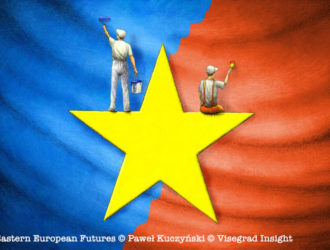
Recognising a rare window of opportunity, EU leaders embrace a revised approach to Russia in order to ease economic and political tensions and establish the ground for a new European security architecture.
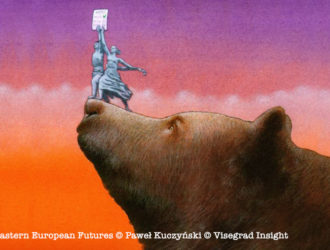
The emancipatory power of civil society to define, defend and demand changes in society becomes a key future of the Eastern Partnership region.

For the Eastern Partnership (EaP) countries, stability requires a restoration of public trust, renewed civic engagement and returns from socio-economic reforms. This necessitates the strengthening of democratic institutions and countering corruption, based on linkage between democratisation and economic development.


